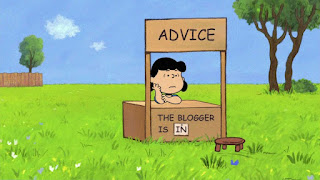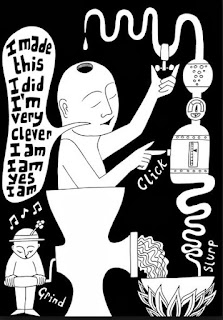We’d arrived in Berkeley in the
late fall of 1978. Little did we know this would be a historically significant
time in the San Francisco Bay area. In only a week, the mass murder-suicide in
Jonestown (of a cult whose roots were in the East Bay) would permeate the air.
That foreshock lasted but nine days, when a supervisor in San Francisco’s city
hall would shoot the mayor and the first openly gay supervisor, and the bay area ground
would be rattled not by a physical, but an emotional quake.
My then boyfriend and I knew
about the danger of earthquakes, and chose to move to the area anyway. We knew
about San Francisco and Berkeley’s reputation as a social vanguard. If that
included the sort of madness that engulfed and thickened the air everyone
breathed, we had to take the good with the bad. We were new, and chucked it to
The California Experience.
But that was not what we noticed
most. From the very first day, what struck us was how many people lived on the
streets and how many were begging for spare change. We had lived in Ithaca, New
York, for four years. We never saw street people there. The climate and the
town’s people were inhospitable to such. I had seen beggars before, not only in
movies but also in Jerusalem, where I grew up. These were blind, old, broken
bodied people. They had their corner in downtown Jerusalem, and anyone could
see they could not support themselves any other way. We never passed them
without putting change into their tins.
But Berkeley was full of young seemingly healthy and energetic beggars. This, more than the maddening news,
struck us as peculiar. We assumed every one of them was in real need, for who
in their right mind would spend their days asking for money if they could work?
And so we gave. And gave. And
whenever asked, which was often, we gave again. If we didn’t have spare pocket
change, we gave bills from our wallets.
A couple of months later, we had
become jaded. New acquaintances informed us that most of the local beggars were
drug addicts, and that our giving only perpetuated their habit. We stopped
giving. In addition, our own funds were running low. It would be a few more
months before we found jobs, and we had rent to pay.
Until one day, when a young
beggar approached us on Telegraph Avenue, right by the intersection of Dwight Way, asking for spare change.
“Sorry, Man. We’re broke,” my
boyfriend said. That was not literally true, but felt like it was in our near
future.
The beggar stuck his hand into
his deep pants’ pocket and doled a fistful of change. “Please take that,” he
said. “You’re more broke. I had a good day.”
We tried to refuse, but he tried
harder. He would not let us leave without taking some of his “spare.”
I don’t know what the answer is.
But, forty years later, even as I continue to mostly pass local beggars by
without giving, once in a while I see that beggar’s face and pull my pocket
change out.

































